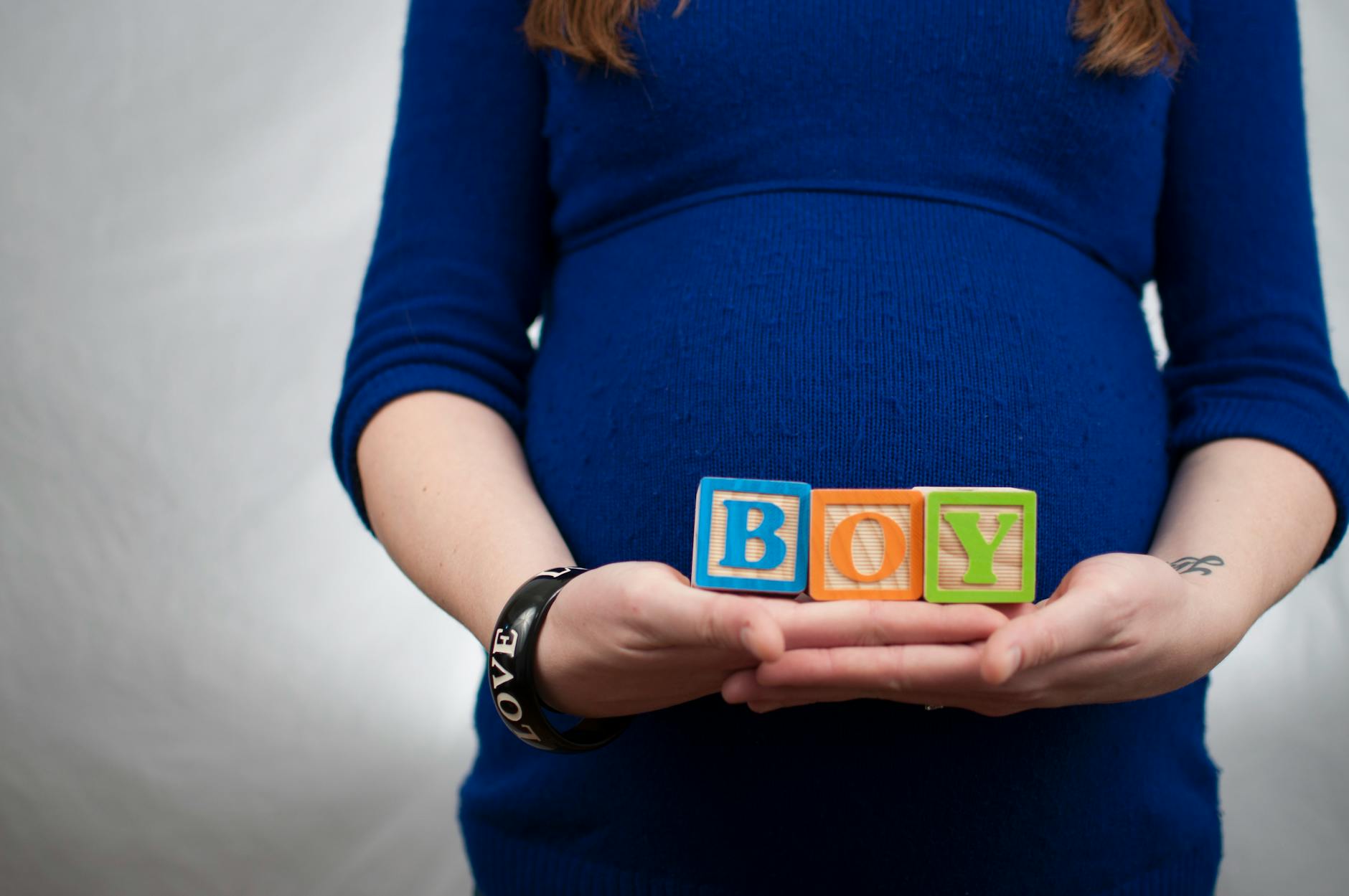pregnancy is a wild ride, isn’t it? Between morning sickness, cravings, and sudden energy crashes, your body is working hard to grow a tiny human. And while it’s tempting to just eat whatever sounds good in the moment (hello, late-night ice cream runs), the food you choose now plays a huge role in your baby’s growth During pregnancy
The good news? Eating well doesn’t have to be complicated, boring, or restrictive. You don’t need to follow a strict diet—just focus on adding the right nutrients where you can. Let’s talk about the best foods to keep both you and your baby healthy During pregnancy
Leafy Greens: A Pregnancy Superpower
I get it—salad isn’t always the most exciting thing on your plate. But leafy greens like spinach, kale, and romaine lettuce are packed with nutrients that are essential for your baby’s development. They help prevent birth defects, keep your energy up, and even strengthen your bones.
Folic Acid – The Brain Booster
If you’ve been pregnant for more than five minutes, you’ve probably heard about folic acid. It’s a must-have for your baby’s brain and spinal cord development. Sure, you can take a supplement, but getting it naturally from food? Even better.
Spinach, kale, and romaine lettuce are all packed with folate. Not a fan of salads? No problem—blend a handful of spinach into a smoothie, toss some kale into your pasta sauce, or sneak a few leaves into your sandwich. Trust me, you won’t even notice it’s there.
Iron – Say Goodbye to Pregnancy Fatigue
Ever feel like you could nap for three days straight? Low iron might be the reason. Your body needs more of it during pregnancy to make extra blood for your baby.
Dark, leafy greens like Swiss chard and spinach are great sources of iron. The trick? Eat them with something high in vitamin C, like oranges or bell peppers, to help your body absorb it better. One of my favorite combos? A spinach and strawberry salad with a citrus vinaigrette—so fresh and tasty!
Calcium – Building Strong Bones (for Both of You!)
Your baby’s bones and teeth start developing early, which means they need calcium. If you’re not a big milk drinker, don’t stress—leafy greens like bok choy and collard greens have plenty of it.
One easy trick? Add them to soups, stir-fries, or omelets. If you like smoothies, blend kale with bananas and almond milk for a creamy, calcium-packed drink.
Fun & Creative Ways to Announce Your Pregnancy
Protein for Two: Easy & Delicious Ways to Get More

Your body is literally building a tiny human from scratch, which means protein is more important than ever. But if the thought of eating plain chicken breast every day makes you cringe, don’t worry—there are plenty of delicious ways to get your protein fix.
Lean Meats – The Easy Go-To
Chicken, turkey, and beef are some of the easiest ways to get high-quality protein. Plus, beef gives you an extra dose of iron, which helps fight off pregnancy fatigue.
If you’re bored of plain grilled chicken, try:
- Marinating it in yogurt and spices for extra juiciness.
- Making turkey meatballs and tossing them in a rich tomato sauce.
- Slow-cooking beef with veggies for a cozy, comforting stew.
Eggs & Dairy – Quick and Nutrient-Packed
Eggs are little nutrition powerhouses. They’re full of protein and choline, which helps with your baby’s brain development.
If you’re short on time, boil a few eggs and keep them in the fridge for easy snacks. Or make a veggie omelet with some cheese for an extra calcium boost. Greek yogurt is another winner—it’s packed with protein and tastes amazing with fruit and honey.
Plant-Based Proteins – More Than Just Beans
If you’re vegetarian (or just want to mix things up), there are plenty of non-meat protein options. Lentils, chickpeas, and black beans are all great choices.
Try:
- A warm bowl of lentil soup on a chilly day.
- Homemade hummus with fresh veggies.
- Black bean tacos with avocado and salsa—so good!
Quinoa is another superstar—it’s a complete protein, meaning it has all the essential amino acids your body needs. Add it to salads, stir it into soups, or use it as a base for grain bowls.
Omega-3s: Brain Food for Your Baby
Omega-3 fatty acids, especially DHA, play a huge role in your baby’s brain and eye development. Your body doesn’t produce them naturally, so you need to get them from food.
Best Fish Choices for Omega-3s
Not all fish are safe during pregnancy—some have high mercury levels. The best low-mercury options? Salmon, sardines, trout, and anchovies.
If you love seafood, try:
- Grilling salmon with a squeeze of lemon.
- Adding sardines to salads (trust me, it’s better than it sounds).
- Enjoying cooked sushi rolls with safe fish options.
Not into fish? No worries—ask your doctor about fish oil supplements.
Nuts and Seeds – A Crunchy, Easy Alternative
Walnuts, flaxseeds, and chia seeds are amazing plant-based sources of Omega-3s.
Try:
- Snacking on a handful of walnuts.
- Sprinkling chia or flaxseeds into yogurt or smoothies.
- Making homemade energy bites with dates, walnuts, and flaxseeds—perfect for when you need a quick snack!
Hydration: More important than you think

If you feel like you’re constantly reaching for a glass of water, you’re not imagining it—pregnancy makes you way thirstier than usual. Your body is working overtime to support your baby, and that means you need extra fluids to keep everything running smoothly.
Staying hydrated isn’t just about quenching your thirst—it helps prevent headaches, constipation, and those annoying swollen feet. Plus, it keeps your energy levels up, which is a lifesaver when pregnancy fatigue kicks in.
How to Drink More Water (Without It Feeling Like a Chore)
Not a fan of plain water? You’re not alone. Try mixing things up with:
- Infused water – Toss in some lemon, cucumber, or fresh berries for a little flavor.
- Herbal teas – Just check that they’re pregnancy-safe first.
- A fun water bottle – Sometimes, a bottle with time markers can help you stay on track.
- Water-rich foods – Munch on watermelon, oranges, cucumbers, or strawberries to sneak in extra hydration.
Signs You Might Not Be Drinking Enough
Your body gives you little hints when it needs more water. If you notice dark urine, headaches, dry skin, or you’re feeling extra sluggish, it’s probably time to drink up. Some moms even feel dizzy or lightheaded when they’re dehydrated, so don’t ignore the signs!
The good news? Once you start drinking more, you’ll feel the difference almost immediately—less fatigue, fewer cramps, and even a better mood.
Final Thoughts
Pregnancy isn’t about being perfect—it’s about doing what you can to take care of yourself and your baby. So don’t stress over every little thing. If you can drink a little more water, eat some extra greens, and make small, healthy swaps, you’re already doing an amazing job.
Most importantly, listen to your body. Some days you’ll feel great, other days you’ll just need to rest—and that’s okay. Your baby is growing beautifully, and you’re handling this journey in the best way for you. 💕

